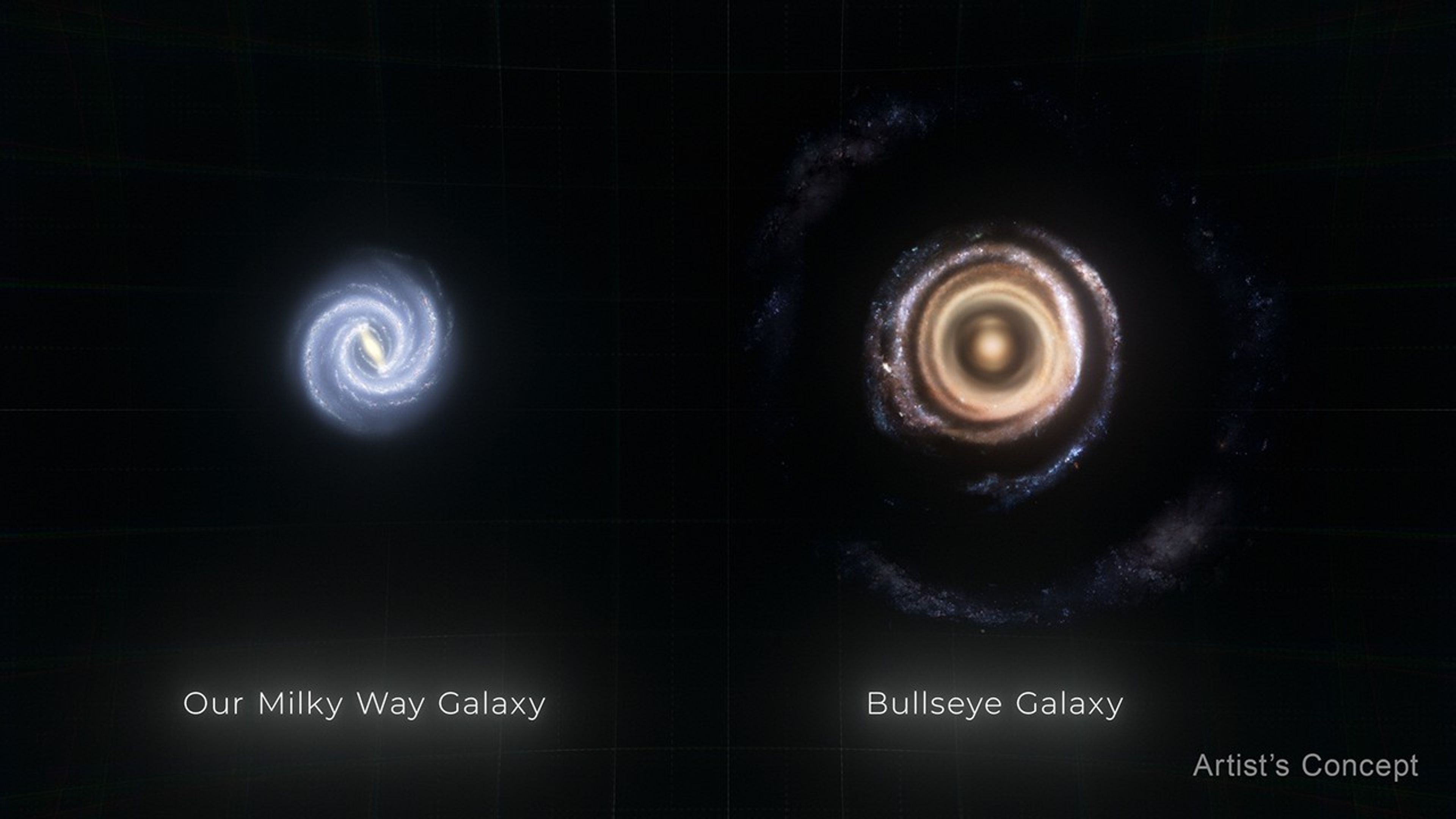Science Fiction
14549 readers
19 users here now
Welcome to /c/ScienceFiction
December book club canceled. Short stories instead!
We are a community for discussing all things Science Fiction. We want this to be a place for members to discuss and share everything they love about Science Fiction, whether that be books, movies, TV shows and more. Please feel free to take part and help our community grow.
- Be civil: disagreements happen, but that doesn’t provide the right to personally insult others.
- Posts or comments that are homophobic, transphobic, racist, sexist, ableist, or advocating violence will be removed.
- Spam, self promotion, trolling, and bots are not allowed
- Put (Spoilers) in the title of your post if you anticipate spoilers.
- Please use spoiler tags whenever commenting a spoiler in a non-spoiler thread.
founded 2 years ago
MODERATORS
1
13
The Beginning of the Hainish Cycle – The Dowry of Angyar (1964) and Rocannon’s World (1966) by Ursula K. Le Guin
(theterrestrialreader.wordpress.com)
2
3
4
5
6
63
Amazon Teams Up With Plan B for Epic Sci-Fi Series Adaptation of 'Consider Phlebas'
(fictionhorizon.com)
7
8
9
10
11
12
13
14
11
Friendship is Optimal by Iceman. My Little Pony and Artificial Intelligence.
(www.fimfiction.net)
15
16
17
18
19
157
In the mood for engineering / competence porn. What are your favourite novels / series?
(sh.itjust.works)
20
21
22
23
24
25
view more: next ›


